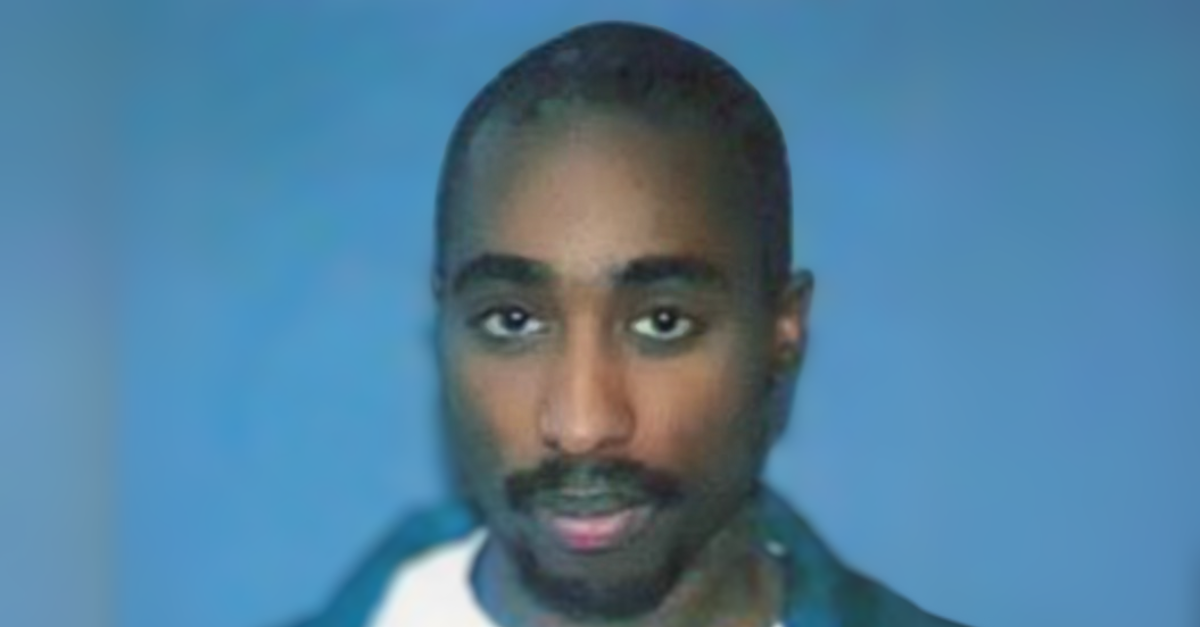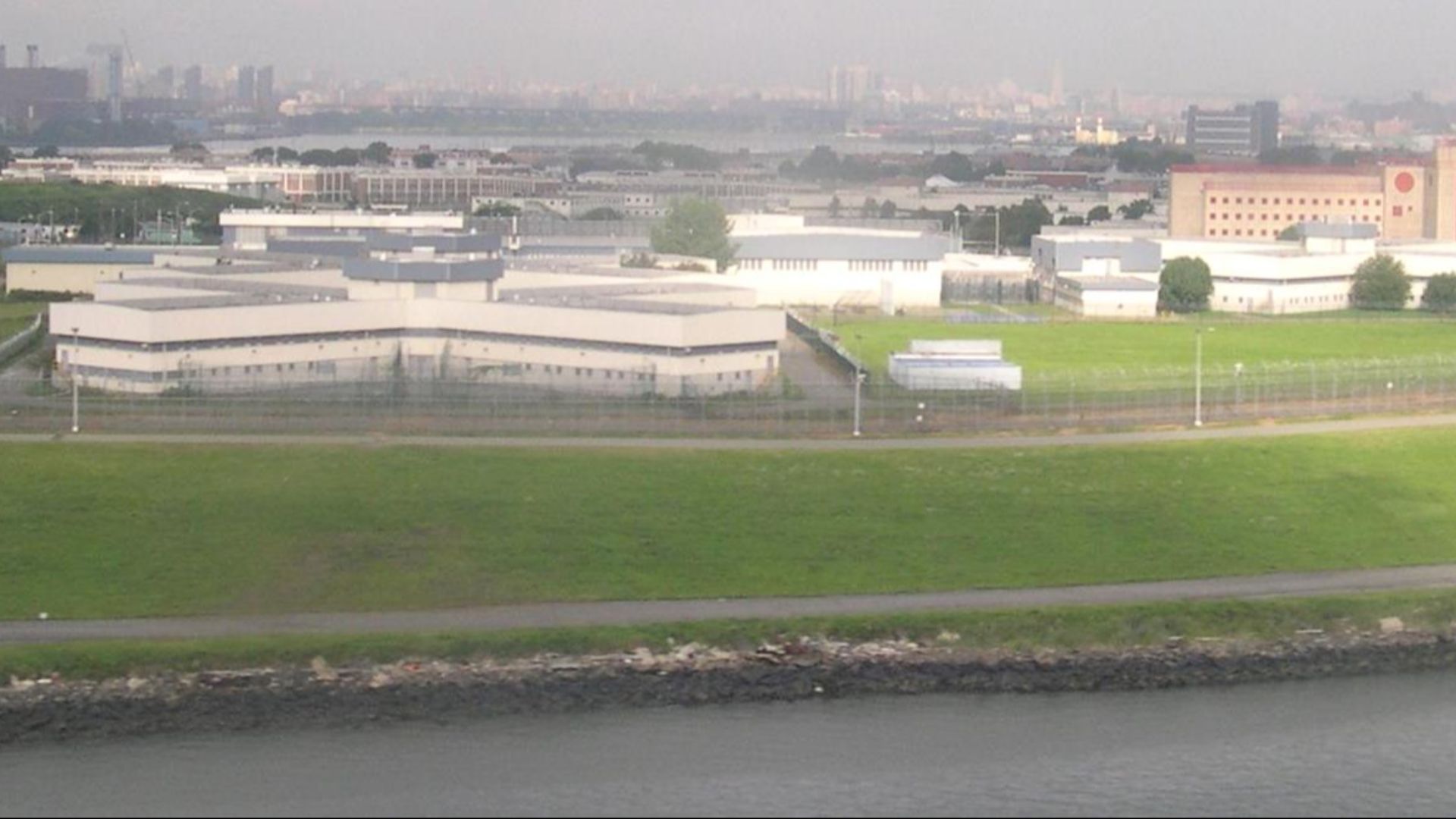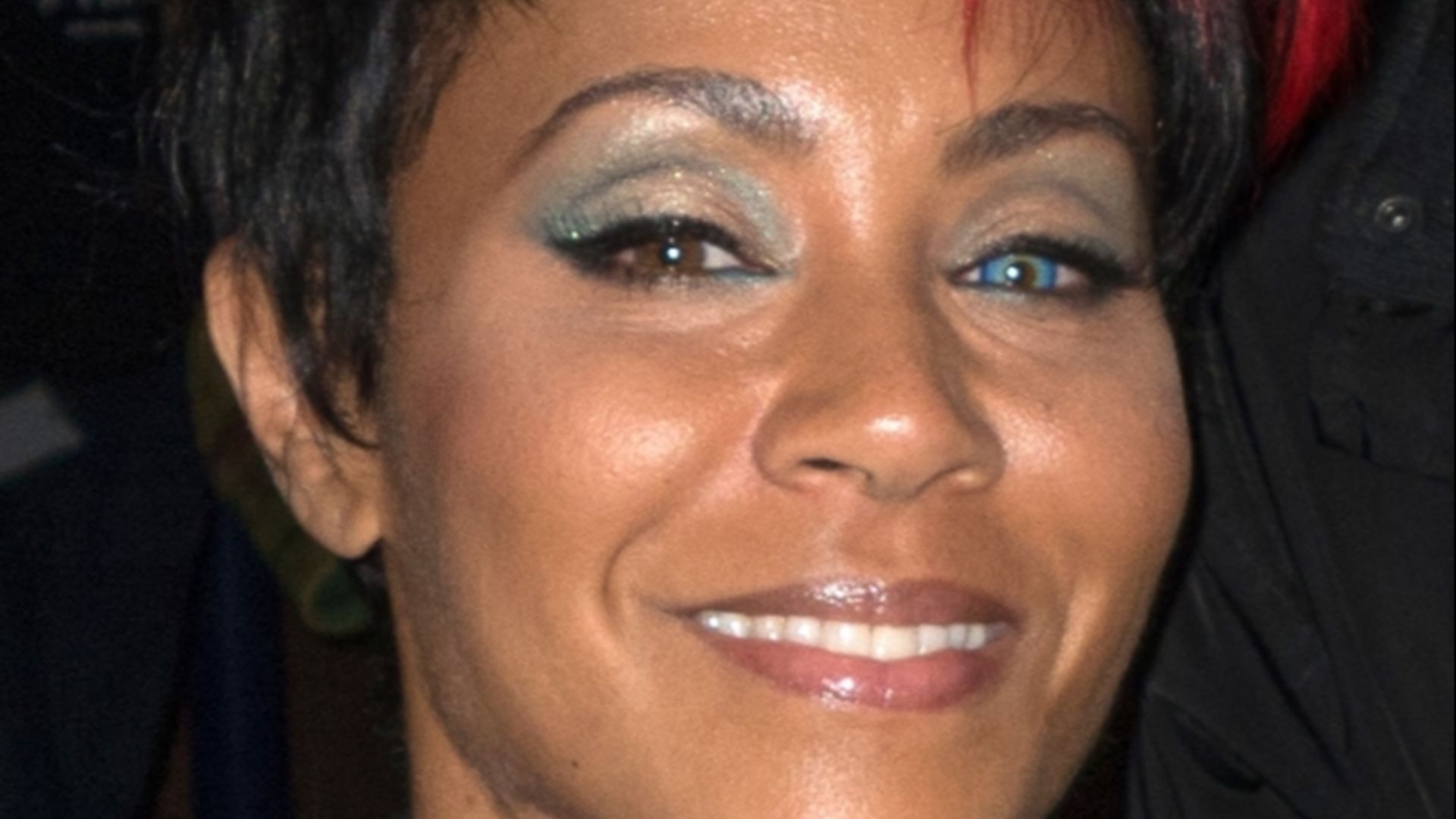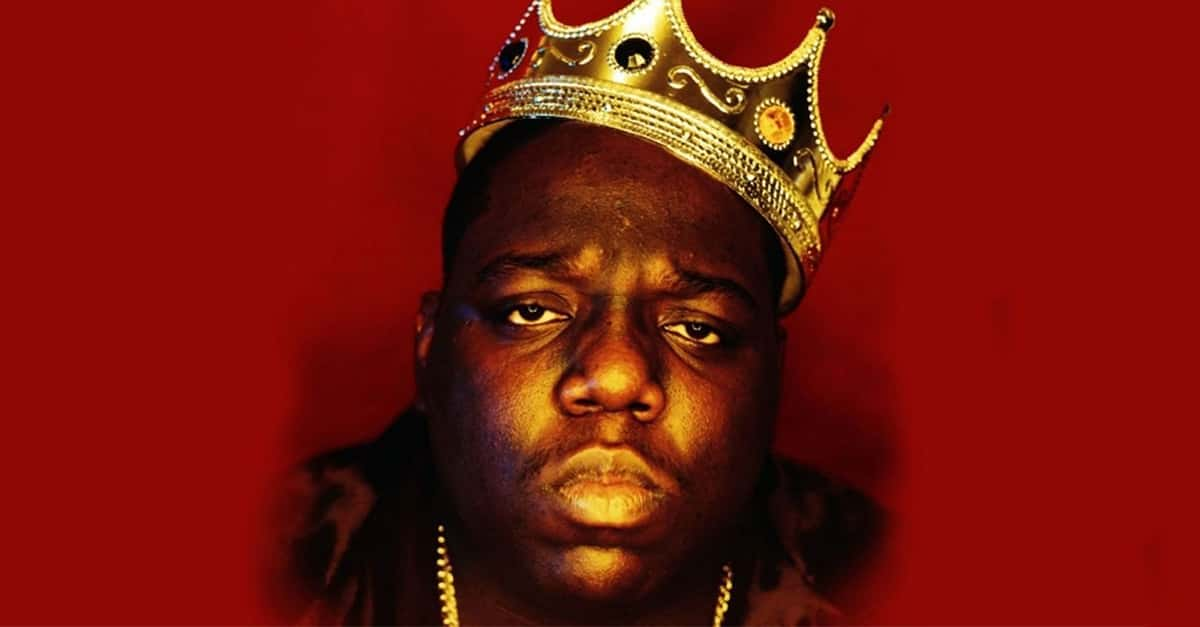The Unfinished Melody
The rags-to-riches story of rapper and actor Tupac Shakur has what all great stories have. There’s the struggle of his early poverty-filled life, his emerging and colossal talent, and finally his triumphant climb to fame. Sadly, there’s one thing missing from his story—a happy ending. Instead of enjoying his accomplishments, Shakur met a stunning and tragic end, one that authorities are still trying to unravel.
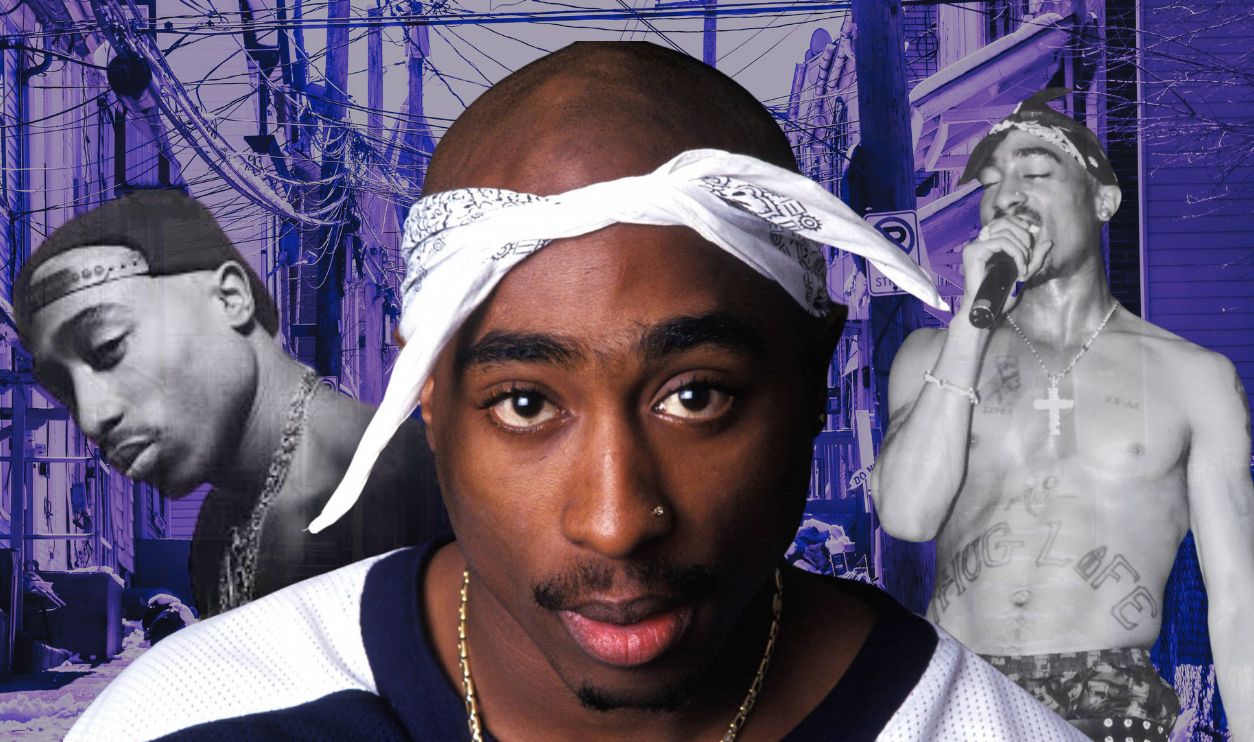
1. They Changed His Name
On June 16, 1971, little Lesane Parish Crooks came into this world in East Harlem, Manhattan. Almost right away, his mother knew that she messed up with the name. She wanted her son to be a revolutionary. When he was just one year old, she came up with a new name that she thought would shape the life of her little boy.
 Unknown Author, Wikimedia Commons
Unknown Author, Wikimedia Commons
2. It Was Intimidating
Shakur’s mother got the name Tupac from Tupac Amaru II who was a relative of the last Incan ruler. Amaru lost his life to the Spanish as he fought against their rule in Peru. It may have been a lot of pressure to have such a noble name. But the lives of his extended family were also intimidating.
3. It Was All In The Family
Shakur’s mom, biological father, stepfather, and godfather were all active members of the Black Panther Party. His godmother, Assata Shakur, was a particularly active member. In 1979 she broke out of prison and joined a very important list—the FBI’s Most Wanted Terrorists list. It wasn’t the easiest family to grow up around, and Shakur had one important thing missing.

Michael Ochs Archives, Getty Images
4. There Was Something Missing
When Shakur was just five years old, his father walked away from the family altogether. Shakur later said that he had wanted a father to show him “the ropes” and this lack hurt him. Mom had to raise Shakur and the other kids all on her own by working as a paralegal.
Where Shakur did find some luck was in his education.
 Michael Ochs Archives, Getty Images
Michael Ochs Archives, Getty Images
5. He Went To A Special School
In 1984, the Shakur family ended up in Baltimore, Maryland and Tupac found his way to Baltimore School for the Arts. This was a special school that allowed its students to take part in acting, poetry, jazz and ballet. Shakur even got the opportunity to do Shakespeare.
There was also room for a little romance.
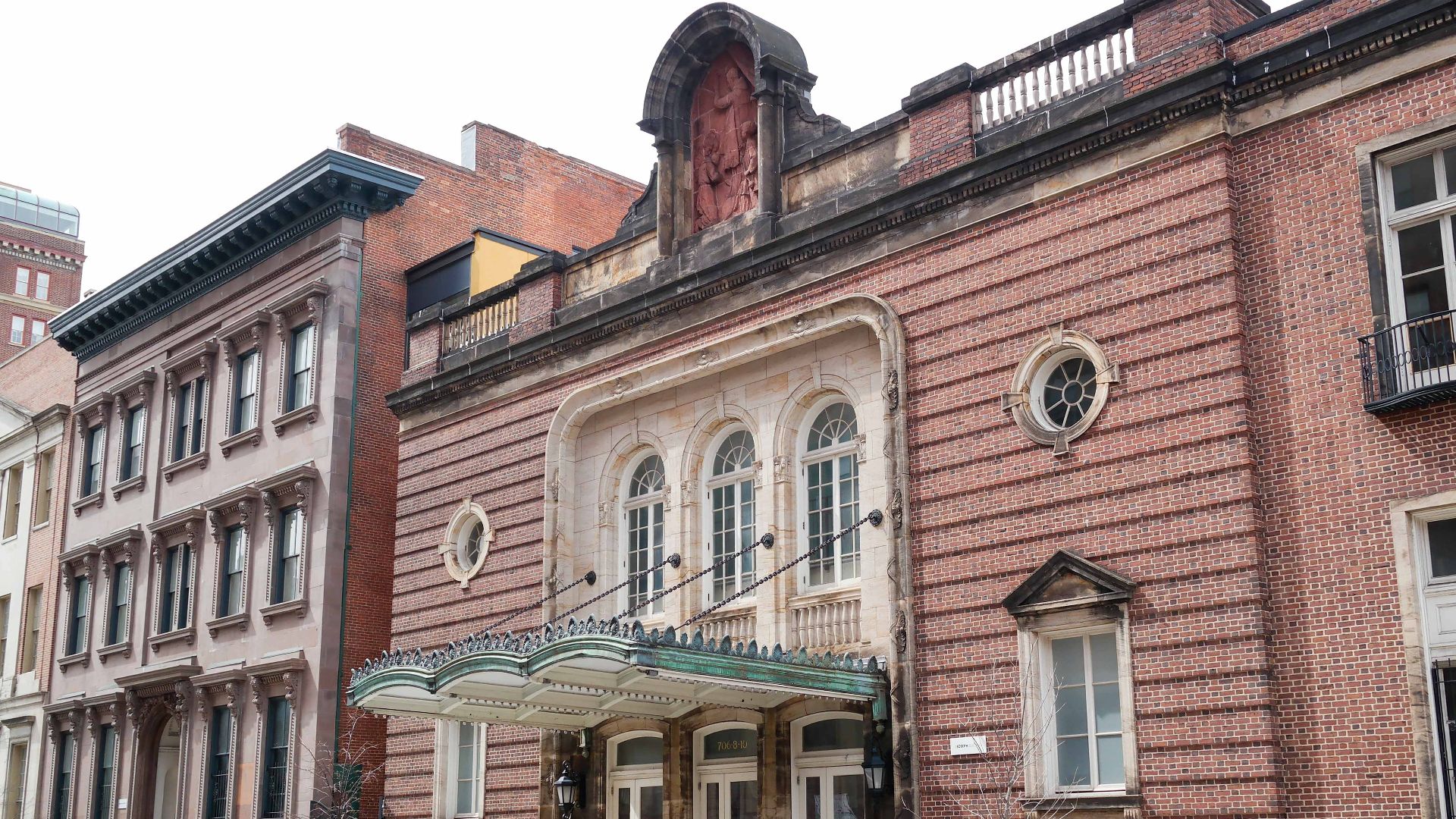 Smash the Iron Cage, Wikimedia Commons
Smash the Iron Cage, Wikimedia Commons
6. He Made A Famous Friend
Also attending Baltimore School for the Arts was another future Hollywood A-Lister: Jada Pinkett Smith. Shakur started writing poems about Pinkett, and the two soon became besties. Pinkett later said that Shakur was like a brother to her, and that it was a once-in-a-lifetime friendship.
But things in Baltimore were more than a little dangerous.

7. They Fled To the Wrong Place
Trying to escape the dangerous streets of their Baltimore neighborhood, the Shakurs relocated to Marin County, California. It ended up being no better than Baltimore. Worse still, it was in this environment that Shakur’s mom developed an addiction problem and lost her job. The family was now trying to live off of welfare and struggling to make ends meet.
Shakur found a source of income, but there were issues.
Poetic Justice(1993), Columbia Pictures
8. He Met A Guardian Angel
Shakur was soon on the streets working as a dealer. Ironically, he sold narcotics on the same streets where his mom bought them. But then Shakur met a guardian angel. This was Leila Steinberg, who was helping at-risk young people. Steinberg encouraged Shakur to go deeper into his poetry, and Shakur flourished under her guidance.
It proved to be the start of something big.

Columbia, Poetic Justice (1993)

History's most fascinating stories and darkest secrets, delivered to your inbox daily.
9. He Had Dues To Pay
Steinberg became Shakur’s manager, and she set up a concert for Shakur’s band Strictly Dope. She then got Atron Gregory, who managed the hip-hop group Digital Underground, to sign Shakur on. It seemed that he was on a fast track to superstardom.
But he still had to pay his dues.
10. He Was In the Background
Shakur wasn’t ready for superstardom just yet. Gregory had the idea to get him some experience, so he hired Shakur as a roadie and a backup dancer for Digital Underground. With Shakur’s huge talent, he was soon recording alongside Digital Underground. And with his new role came a new name—he started calling himself 2Pac.
But only controversy lay ahead.

Warner Bros., Nothing But Trouble (1991)
11. He Had An Edge
Shakur must have been pretty sure about his inevitable rise to fame. Who else would title their first album after such a famous movie? He called it 2Pacalypse Now after Apocalypse Now. Shakur’s album certainly had an edge. It used his poetry to talk about the challenges of living under “socio-economic disadvantage”.
It didn’t take long for the album to ruffle some political feathers.
Poetic Justice(1993), Columbia Pictures
12. He Spoke The Truth
Then vice president Dan Quayle was no fan of 2Pacalypse Now. He saw the lyrics as negative and thought there was no place for them in American society. The thing was, Shakur’s lyrics came from real life. The music video for one of the tracks, “Trapped,” directly refers to a time when authorities harassed and beat Shakur for simply jaywalking.
Another track really got people angry.
13. He Told A Sad Story
On one track on 2Pacalypse Now—called “Brenda’s Got A Baby”—Shakur sings about a 12-year-old girl who finds herself pregnant. While it is a sad statement on society, Shakur had based the song on a true story. In the end, the teenager left her baby with the trash.
Shakur’s music carried a powerful punch. Now, it was time to see what he could do in Hollywood.
 2Pacalypse Now Vinyl At Last, Interscope Records
2Pacalypse Now Vinyl At Last, Interscope Records
14. He Showed His Anger
Shakur’s acting debut was in 1992’s Juice, and he got his role in a strange way. He just happened to tag along with his buddy Money-B to the audition. When he got there, Shakur asked if he could read for a role. Shakur surprised everyone by throwing a chair during his audition. This outrageous act secured the role for Shakur.
But with little training as a film actor, Shakur was heading for uncertainty.

Columbia, Poetic Justice (1993)
15. He Took It Seriously
While making Juice, Shakur became quite serious about acting. He was very determined to stay in character, so he demanded—some say unkindly—that all cast and crew call him by his character’s name. Even though it was his first film, Shakur played by his own rules.
Some may say he took things a little too seriously.

Columbia, Poetic Justice (1993)
16. He Couldn’t Take A Joke
On several occasions, while filming Juice, Shakur stormed off the set. His co-star, Jermaine Hopkins, thought it would be funny to tell Shakur that he was going to lose his job because of his behavior. When Shakur found out it was a lie, instead of seeing it as a film set prank, Shakur started a fight with Hopkins.
It was clear that Shakur took things seriously. And there was nothing more serious for him than race relations.

Columbia, Poetic Justice (1993)
17. He Was Political
Juice ended up being a big hit and Shakur was up for another role. This time his costar was Janet Jackson in the romantic drama Poetic Justice. Filming took place in 1992, just as the LA riots were happening. Shakur, always very aware of politics, ran off the set to join in the riots. But he was always back in time for his scenes.
If Poetic Justice was a hit, there was no telling how high Shakur’s film career would go.

Columbia, Poetic Justice (1993)
18. He Received Praise
Poetic Justice didn’t quite please critics, but Shakur did. They loved the intense chemistry between Shakur and Janet Jackson. For his work, Shakur received a nomination from the NAACP Image Awards for Outstanding Actor. Sadly, he lost to multiple-winner Denzel Washington for his work in Malcolm X.
Next, Shakur would become a critic himself.

Columbia, Poetic Justice (1993)
19. He Was Critical
In 1993, Shakur had been quite open about his distaste for record producer Quincy Jones’ marriage. You see, Jones had married white actor Peggy Lipton, of TV’s The Mod Squad. Three years later, Shaukur started dating—and later lived with—Jones’ daughter Kidada Jones. Those must have been some awkward family dinners.
Things also got awkward on the set of Shakur’s next film.

Columbia, Poetic Justice (1993)
20. He Was A Menace
Next up for Shakur was the film Menace II Society. Early on in the shoot, Shakur was having problems. He didn’t understand why his character had become a Muslim. He demanded that the writers include some lines about why his character had made that decision.
While it seems like something that could have an easy resolution, Shakur rarely made things easy.

Columbia, Poetic Justice (1993)
21. He Didn’t Take It Well
Shakur’s demands soon tired directors Allen and Albert Hughes, and they decided to fire him. Shakur did not take the firing well. Six months later, he roughed up Allen Hughes. Maybe if Shakur had said he was sorry, that would have been the end of it.
But Shakur didn't seem like one to give quick apologies...
Columbia, Poetic Justice (1993)
22. He Bragged
After his physical altercation with Hughes, Shakur appeared on the talk show Yo! MTV Raps. When the topic of his assault and battery charge concerning Hughes came up, Shakur made a bad decision. Instead of the usual “no comment”, Shakur bragged about what he did.
This unwise move soon came back to haunt him.

Columbia, Poetic Justice (1993)
23. They Played It In The Courtroom
Eventually, Shakur had to face a judge regarding his attack on Hughes. To his dismay, the prosecution produced a copy of the MTV interview, and the whole courtroom was able to witness Shakur bragging about attacking Hughes. Because of this, Shakur ended up spending 15 days in lock-up.
But his problems with the law were just beginning.
24. He Shot At The Wrong People
On Halloween night in 1993, Shakur was in trouble with the law again. In Atlanta, Shakur made the mistake of firing at two off-duty officers who were walking with their wives. While it seemed like Shakur was just acting randomly, there was something else going on that night in Atlanta.
25. It Was Self Defense
According to additional reports, the officers—brothers Mark and Scott Whitwell—were not just innocently walking down the street. They had apparently been bothering a black motorist and making racist comments. Some witnesses said that Mark Whitwell shot at Shakur first. In the end, authorities dropped the charges against both Shakur and Whitwell.
But the next charges against Shakur would not go away so easily.
Columbia, Poetic Justice (1993)
26. He Got Into Trouble
In 1993, NYPD charged Shakur, along with two other men, with an assault on a woman. He quickly told Aresnio Hall on his talk show that he was innocent and added that because he’d grown up around so many women he could never treat a woman like that. Still, the proceedings moved forward.
Shakur was in deep trouble.
Columbia, Poetic Justice (1993)
27. He Got A Break
The trial for this charge happened a year later, and Shakur received an acquittal on most of the charges. What the judge did charge Shakur for was touching the woman’s backside while in his hotel room. The charge against Shakur didn't sound all that serious.
But Shakur was about to get a nasty surprise.

CBS Television Distribution, The Arsenio Hall Show (1989–1994)
28. It Was A Huge Sum
For some reason, the judge set Shakur’s bail at a shockingly high $3 million. A sum that even movie star Shakur did not have. He eventually ended up in the notorious Rikers Island Prison with a sentence of 18 months to four and a half years. Shakur had a lot of thinking to do and when he did, he decided to take a big step.
29. He Reached Out To An Old Friend
While incarcerated in Rikers Island Prison, Shakur made a decision. He thought about the most important person in his life and came to her with a question. He asked Jada Pinkett to marry him. Pinkett declined the offer, but the two remained friends.
Sadly, the friendship didn’t have much time left.
30. It Was A Big Night in Las Vegas
On September 7, 1996, Las Vegas was full to the hilt with people trying to get a glimpse of the boxing match between Mike Tyson and Bruce Sheldon. Shakur was there and as usual, his entourage was with him. There was another man there, Duane “Keffe D” Davis. Soon these two lives would cross paths with lethal results.
31. They Met In The Lobby
After the Tyson fight, Shakur was in the lobby of the MGM Grand with Marion “Suge” Knight, the founder of Shakur's record company. The two came across Orlando “Baby Lane” Anderson. Anderson was Davis’ nephew and a member of the Crips. Shakur and Knight knew something about Anderson.
And they felt that he had to do something about it.
 Orlando Anderson - I am Baby Lane Documentary / Edit, Naichill Films
Orlando Anderson - I am Baby Lane Documentary / Edit, Naichill Films
32. They Confronted Him
Shakur knew that Anderson had tried to take a coveted pendant from Knight's record company. This was a big deal in the world of hip-hop, so the two of them decided to confront Anderson. The confrontation turned violent, and it started something serious that could only end in more destruction.
 Orlando Anderson - I am Baby Lane Documentary / Edit, Naichill Films
Orlando Anderson - I am Baby Lane Documentary / Edit, Naichill Films
33. There Was A Chain Reaction
Shakur and Knight’s beating of Anderson set up a chain of events. You see, now Anderson’s uncle—Davis—felt he had the right to go after both Shakur and Knight. He had a score to settle, and he took to the streets to accomplish that.
34. It Started In Cars
Later that night, Shakur and Knight were driving near the Vegas strip in Shakur’s brand-new BMW. There was another car in the area at the same time. This was a Cadillac with Anderson, Davis and another man in it. They spotted Shakur in his BMW and decided it was payback time.
Columbia, Poetic Justice (1993)
35. He Was Leaning Out The Window
Davis later told authorities in a secretly recorded conversation that Tupac was leaning out of the window of the BMW. Fans were going crazy seeing their hero driving by. Next, Davis’ vehicle pulled up beside Tupac’s BMW. What everyone still wants to know is exactly what happened next.
All we know for sure is that it didn’t end well for Shakur.
 Orlando Anderson - I am Baby Lane Documentary / Edit, Naichill Films
Orlando Anderson - I am Baby Lane Documentary / Edit, Naichill Films
36. Shots Were Fired
In the recording, the detective asks Davis what happened next. Davis replies that Anderson grabbed the Glock 22 that Davis was holding. Because he’d gotten the beating, he was the one who wanted to shoot. Anderson allegedly aimed and fired. He hit both Shakur and Knight, who were now both seriously injured.
They had to get away and get away fast.
 Orlando Anderson - I am Baby Lane Documentary / Edit, Naichill Films
Orlando Anderson - I am Baby Lane Documentary / Edit, Naichill Films
37. They Kept Driving
Shakur and Knight were both bleeding from their wounds, and the car now had a flat tire. But this didn’t stop Knight from racing away from the scene. After getting about a mile away, officers on bike patrol pulled them over. The officers saw the severity of the injuries, and they called for an ambulance.
It would be a race to the hospital to save Shakur life.
38. He Was In Bad Shape
Once the ambulance reached the University Medical Center of Southern Nevada, the doctors had to determine the damage. Knight had minor wounds, but Shakur was much worse off. He had two injuries to his chest, one in the thigh, and another in his arm. One of the injuries was dangerously in his right lung.
Things were not looking good for Shakur.
 MediaNews Group/Bay Area News via Getty Images, Getty Images
MediaNews Group/Bay Area News via Getty Images, Getty Images
39. He Was Still In Danger
Around the same time, a call came into the record company. The caller said that Shakur’s enemies were still coming for him. Gobi Rahimi, a music video director, called the LVPD and said that Shakur needed protection. The word on the other end of the line was that they had no available officer to protect Shakur.
Shakur was a sitting duck at the hospital.
40. He Was In A Coma
As it turned out, his enemies didn’t need to finish Shakur off, he was already well on the way. Doctors placed him on life support and then into a medically-induced coma. His girlfriend, Kidada Jones, came to his bedside. She knew something that would make Shakur react.
41. He Heard One Last Song
There was a CD player next to Shakur’s bed, and Jones slid a CD into it. Instead of a rap or hip-hop song, Jones played folk singer Don McLean’s “Vincent” about artist Vincent Van Gogh. Jones heard Shakur make a soft noise, but she could see that the end was near. She told Shakur that she loved him.
It would be the last thing he heard.
 don mclean - vincent, folkman 123
don mclean - vincent, folkman 123
42. He Passed
Doctors had removed Shakur’s right lung, which led to respiratory failure and finally cardiac arrest. His mother had to finally tell the doctors to stop trying, her son was no more. Shakur passed on the unlucky day of Friday, September 13, 1996. Of course, the world wanted to know who was responsible for this terrible loss.
43. He Kept His Mouth Shut
Obviously, Knight—the other man in Shakur’s car—would be one of the best people to say what happened on that fateful night. He’d left the hospital with minor injuries but didn’t talk to authorities until four days after the incident. Even then he didn't have much to say. He told officers that he “heard something, but saw nothing”.
Surely he’d seen more than nothing.
44. He Wouldn’t Help Solve It
Knight had been of no help to the authorities in solving Shakur’s murder. But later he appeared on ABC Primetime Live and explained why he’d had nothing to offer. He said that if he knew who fired the shots, he would never tell. Clearly, Knight was scared and didn’t trust the authorities.
But he wasn’t the only one.
45. He Refused To Help
Years later, an officer came forward with some shocking information. He said that on that night an officer had asked Shakur who had shot him. Apparently, Shakur would not answer and instead, he just swore at the officer. According to this man, these were Shakur’s last words.
But even without eyewitnesses, it seemed pretty clear who was behind it all.
Columbia, Poetic Justice (1993)
46. They Knew It Was Him
It seemed that a lot of people were pretty sure that the fatal shots came from Anderson or Davis. Authorities never charged Anderson, although they did see him as a suspect. Strangely, they only questioned him once. Now asking Anderson himself is no longer an option. He lost his life in a shootout in 1998.
Shakur’s fans were now left to mourn the loss of their hero.
47. They Honored Him
Shakur’s next film had to go on without him. John Singleton had wanted him for the lead in Baby Boy. To honor Shakur, Singleton included his song “Hail Mary” and had a mural of Shakur prominently displayed on the wall of the main character's bedroom. But there’d been even more impressive film opportunities ahead for Shakur.
 baby boy tupac mural in Jody's room, 997tone
baby boy tupac mural in Jody's room, 997tone
48. He Could Have Been A Master
When Shakur passed, his movie career was just getting started. There’s a story out there that Shakur had been up for the biggest role of his career. Apparently, George Lukas wanted him to audition for Jedi Master Mace Windu in The Phantom Menace. The role ultimately went to Shakur’s buddy Samuel L Jackson.
It was a tragic loss, but there’s still a chance we’ll know what happened that night in Vegas.
Columbia, Poetic Justice (1993)
49. The Truth Could Come Out Soon
Almost 30 years after the passing of Shakur, officers carried out a search warrant on a house in Nevada. The house belonged to Davis’ wife and officers were working on a tip about Shakur’s shooting. Two months after the search, officers took Davis in and charged him. His trial will begin on February 9, 2026.
But there may even be more surprises in this case.
 Duane Keffe D Davis appered in court for Tupac's murder, FOX 5 Washington DC
Duane Keffe D Davis appered in court for Tupac's murder, FOX 5 Washington DC
50. There Could Be Another Connection
While waiting for Davis’ trial, another story has come forward. A lawsuit against Sean “Diddy” Combs alleges that he became physically abusive with a woman who’d dared to imply that he’d somehow been involved in Shakur’s passing. This sparked some interest, and the Shakur family has hired an investigator to look into it.
One day soon, we may find out the whole truth.
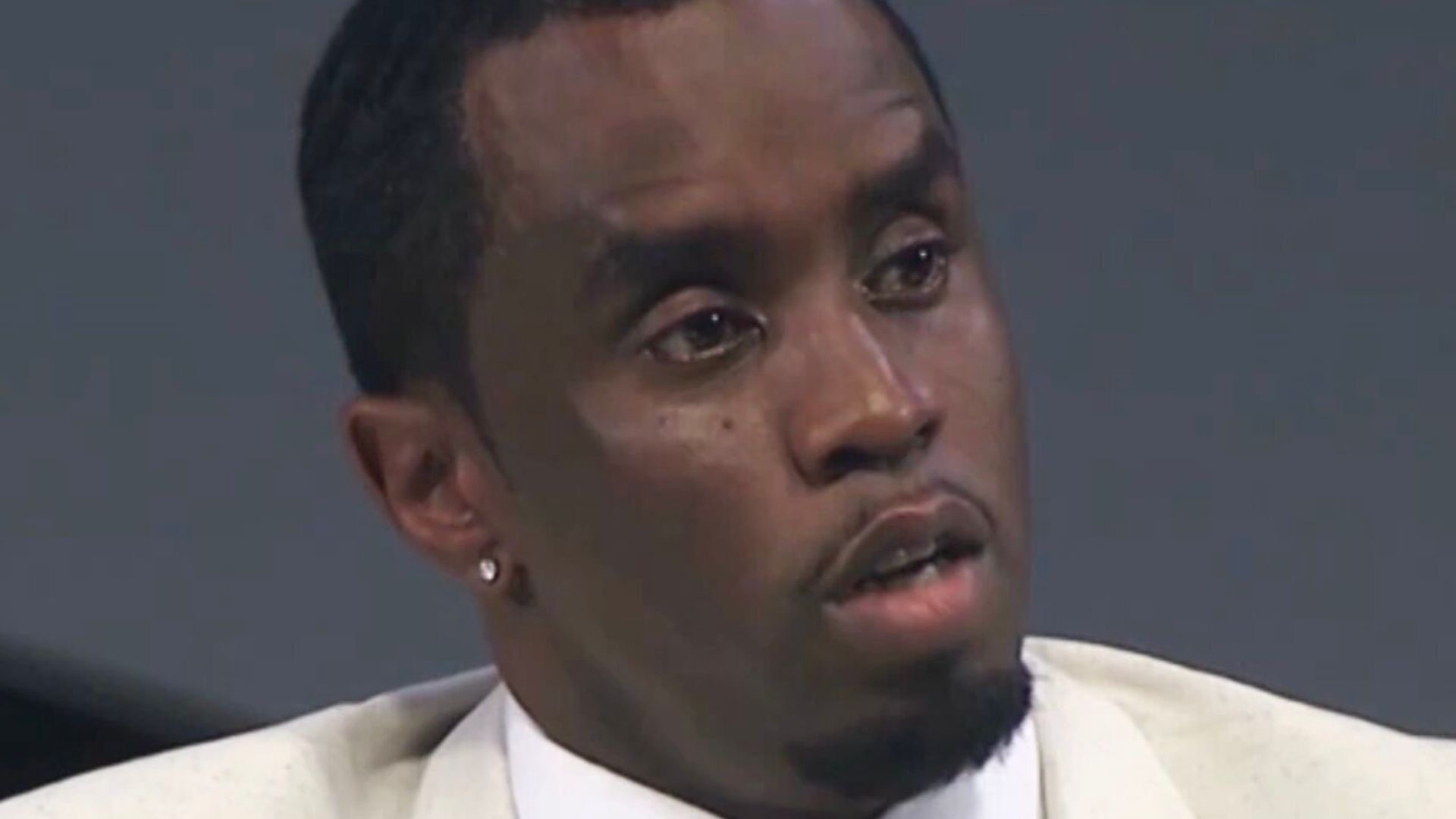 Cannes Lions Learnings, Wikimedia Commons
Cannes Lions Learnings, Wikimedia Commons
You May Also Like:
He Might Be The Biggest Hater In Rap
The Most Tragic Family In The Music Business

